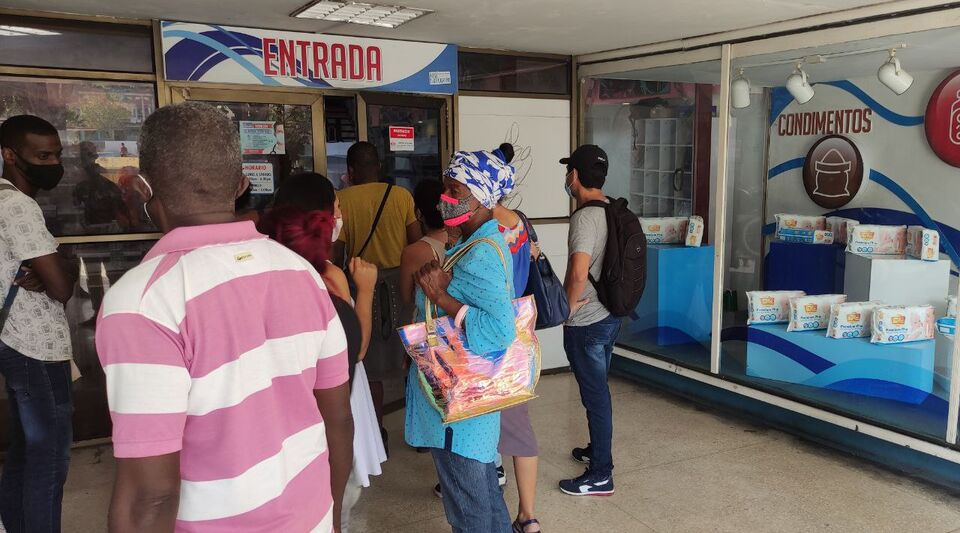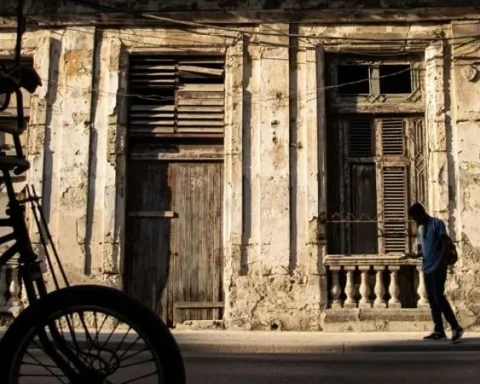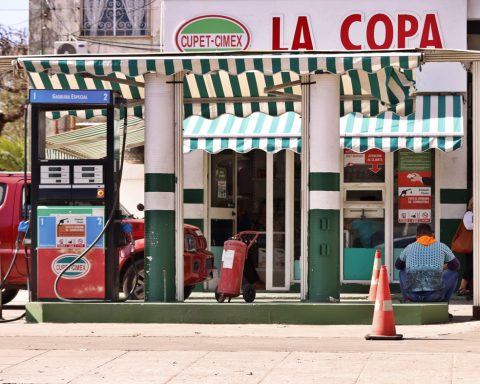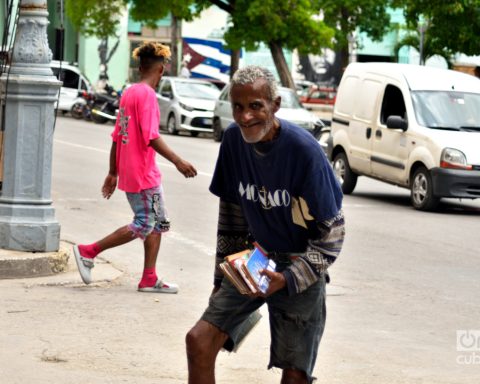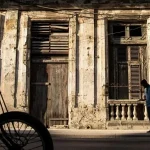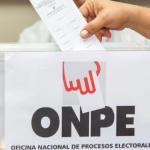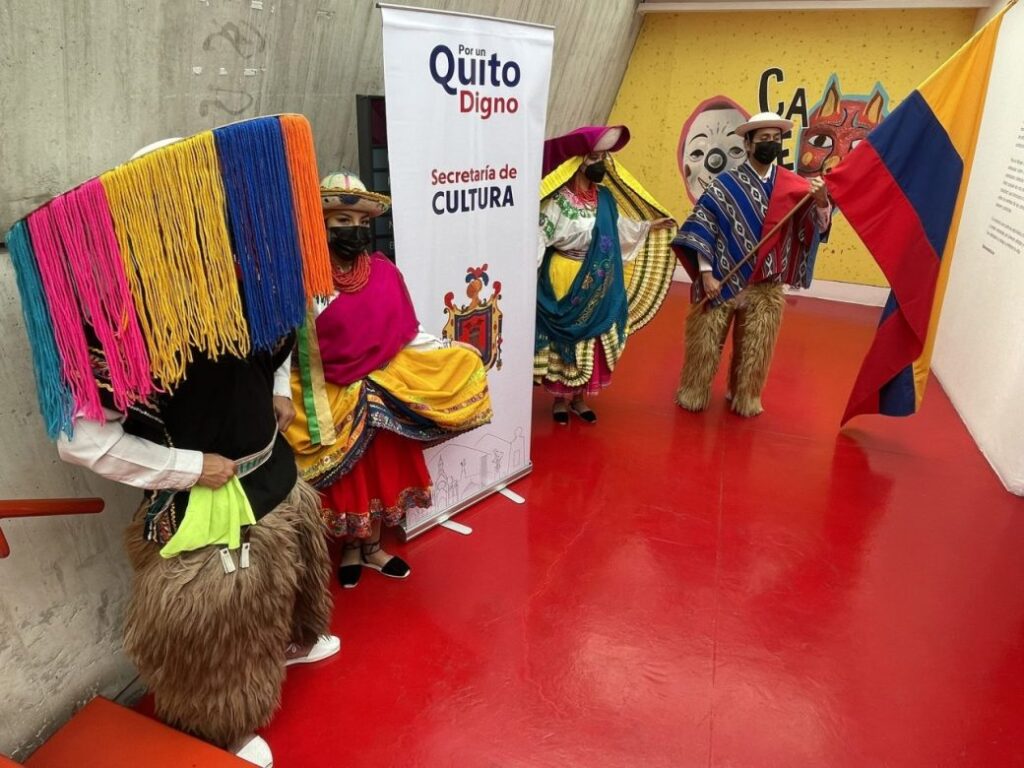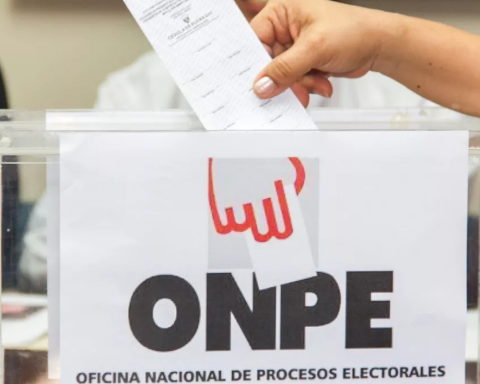The tumult this Friday at the gates of La Borla, in Galiano between Salud and Reina, in Centro Habana, was considerable. The state store, which sells in pesos, put diapers on sale, an item that has disappeared in national currency, but not everyone who went to the store could buy them.
Only with the minor’s card, and also proving, with the surnames, that the baby who was the recipient of the item was the buyer’s child, or was pregnant, was it possible to buy the assholes second stage (from 5 to 7.5 kg) and at a price of 265 pesos each package.
This caused a dispute between the fifty people waiting at the entrance and the store administrators.
Some of the clients in line argued that they live in the interior, that they did not carry the minor’s identification with them. Given this, one of the women who guarded the door replied that “everyone says the same thing” and, later, “resell” the package for 500 pesos.
This newspaper found that in front of La Borla, in the El Curita park, there was a man trading in packages of newly purchased diapers
But the employee was inflexible, and declared loudly: “I don’t care if he’s from the countryside or from Matanzas, if he doesn’t bring the minor’s card, it won’t happen. They said it on television: disposable assholes with the card of the minor. Minor, I’m not going to argue with anyone.”
This newspaper found that in front of La Borla, in the El Curita park, there was a man dealing with packages of newly purchased diapers. “I’m not saying it won’t happen, compañera,” protested another client, who tried to explain that he is from Pinar del Río, that he works in construction in Havana, that he did not carry his son’s card and that he needed to buy diapers. “What do I do now?” he implored.
“And even if you didn’t have a child or were someone else’s,” another buyer told her. “Why can’t we buy the assholes that we want”.
Diapers for children and adults have been for years a product that fluctuates in the Cuban market. That is why families resort to solutions such as washing and later refilling already used disposable breeches, buying padding to make their own versions of these necessary protectors or converting large sizes into small ones and vice versa, based on the use of duct tape and other tricks.
The first cellulose and polymer culeros that were sold in Cuba arrived with the economic opening of the 1990s and the dollarization of the economy. Until that moment, in the homes of the Island only cloth ones were known, which had to be washed after each use. With the commercialization of disposable diapers, many Cuban women were able to spend less time in front of washing machines and laundries.
However, at first, the sale of these accessories was only in dollars or convertible pesos, which made them a status symbol that only families that received remittances or had economic income in foreign currency could afford.
________________________
Collaborate with our work:
The team of 14ymedio is committed to doing serious journalism that reflects the reality of deep Cuba. Thank you for joining us on this long road. We invite you to continue supporting us, but this time becoming a member of our journal. Together we can continue transforming journalism in Cuba.
